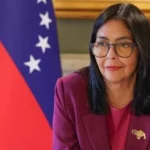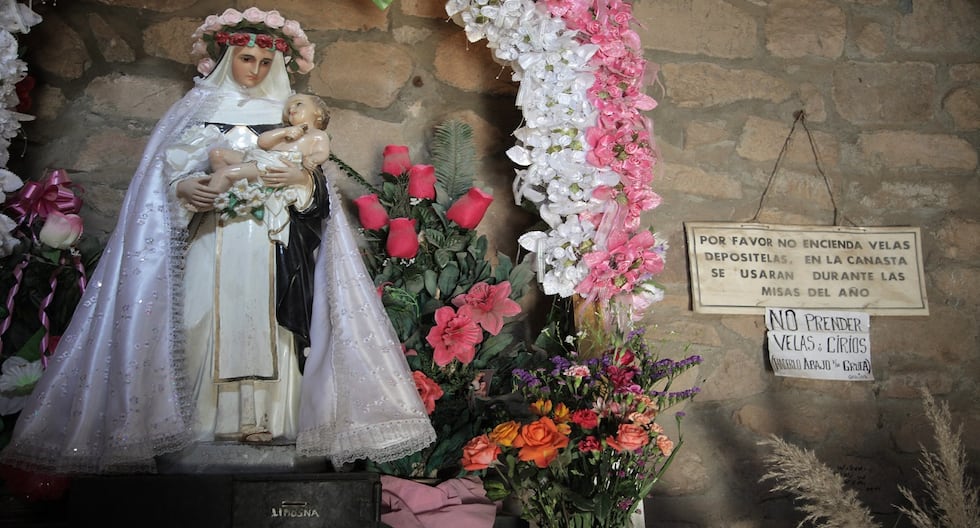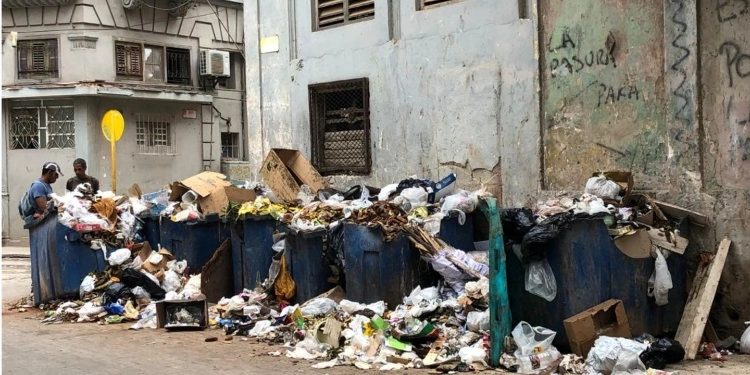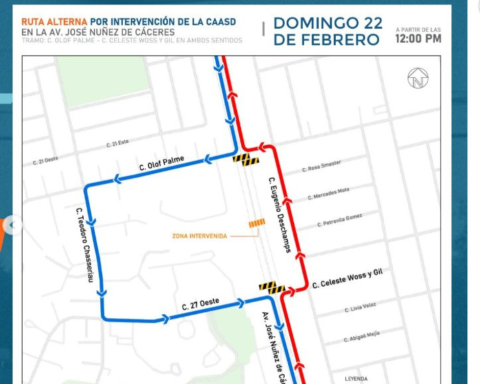T
After 94 years of PRI hegemony in the state of Mexico, last September teacher Delfina Gómez became not only the first female governor of the state, but also the first non-PRI person to hold the office since General Filiberto Gómez – who fought alongside Obregón – took office and began a dynasty of power that impoverished an entity as rich and populated as it was plundered by rulers whose wealth grew in proportion to the poverty of the majority of the people of Mexico.
Under phrases like the one issued by Carlos Hank González, member of the Atlacomulco group and governor of the state of Mexico between 1969 and 1975, who accused a poor politician
to be a poor politician
23 PRI governors led the state to occupy first place in femicides, robbery of public transportation, to be second –after Guanajuato– in intentional homicides, and the one that registered the most crimes against property and criminal incidence per 100 thousand inhabitants.
The moment teacher Delfina Gómez was sworn in as governor of the state of Mexico, the challenge of healing a population and a territory severely lacerated by a political family closely related to corruption and impunity, whose relationship with the people was to impoverish them and keep them in misery, began. Part of the legacy of abandonment and plunder that the 4T received when the people of Mexico democratically entrusted it with leading their state to the transformation of the country, is the lag in adequate infrastructure and maintenance of drainage in the municipality of Chalco, the consequence of which today drowns its inhabitants in sewage and rot.
Despite being located just under 40 kilometers from Mexico City – one of the most urbanized cities in the world – Chalco has lived for decades in a situation of lack of basic services that, until the 1990s, could be compared to towns in African countries. After the electoral fraud of 1988 and with the intention of legitimizing himself in power, Carlos Salinas de Gortari emulated the Solidarity trade union of Poland, which, supported by Pope John Paul II, had achieved favorable results in its attempt to overthrow the socialist regime in Poland and implement a neoliberal model in its place. He used the same name, Solidarity, to start in Chalco – where no one voted for him – a project with which he disguised the political manipulation of spending for electoral purposes as a social program, not with the intention of fighting poverty, but of generating political support for the PRI and the government.
In 1990, the communication strategy of Salinas produced the visit of John Paul II to Chalco to celebrate a mass that, being the most attended ever heard in the open air, went around the world to the sound of a Sweetie which approximately one million people sang, a song that preceded by just under a year another production of Solidarity , song that with the same title included the voices of artists of the moment and of yesteryear, such as members of Timbiriche or Vicente Fernández, Pandora, Marco Antonio Muñiz and, among many more, Lucha Villa and soap opera heartthrobs who sang in unison a song that, among its stanzas full of demagoguery, was an ode to the government and that today is remembered as representative of an administration that took away bread from the people while distracting them with the circus.
Although electricity has arrived in Chalco, paving has only been done to a small percentage of its streets, classrooms were insufficient, and the drainage system continues to be inadequate. Today, having overflowed and thus flooded the people of Chalco with sewage, it represents a challenge for the authorities who face, on the one hand, the commitment to deal with the emergency and, on the other, to prevent it from happening again. How? Only by recognizing that, although the causes of the failure in the Solidaridad collector respond to the lack of necessary infrastructure and the absence for decades of the maintenance that the drainage system requires, their obligation, responsibility and commitment is to look back only for diagnostic purposes in order to, and in accordance with the mandate that the people entrusted to them, resolve it at the root without regard to the costs that this represents, whether economic or political.
Governor Delfina Gómez faces a complicated challenge that, if resolved, will lead her to be not only the first female governor of the state of Mexico and the first non-PRI, but also the first to bring transformation to a state that is a victim of the diseases that the 4T is treating.
















